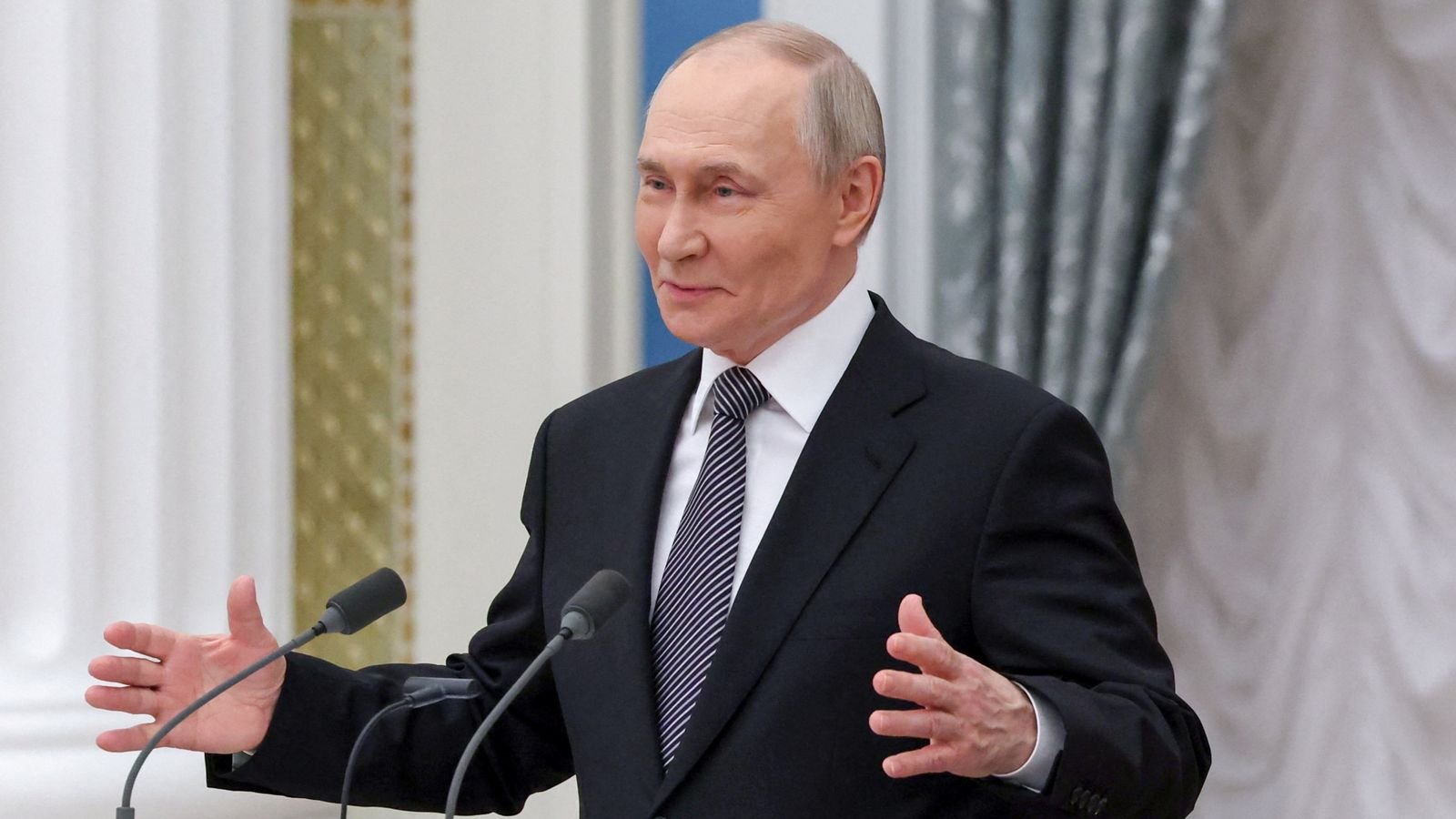Russia remains a notable absence from Donald Trump’s list of tariffs. Despite countries like Cuba, Belarus, and North Korea being subjected to these measures, Russia has been spared, leading to questions about why America’s adversaries are being treated more favorably than its allies.
The rationale provided by White House press secretary Karoline Leavitt to Axios was that existing sanctions have effectively limited meaningful trade with Russia. However, the data seems to contradict this explanation.
While it is true that US-Russia trade has declined significantly due to the conflict in Ukraine, dropping from $35 billion in 2021 to $3.5 billion in 2024, the trade volume between the US and Ukraine at $2.9 billion is still lower than the trade volume with Russia. Despite this, Ukraine has not been exempt from tariffs, unlike Russia.
Furthermore, the trade figures with countries like Brunei and Mauritius, which did not escape the tariffs, were considerably lower than the US-Russia trade volume. Additionally, the majority of US-Russia trade results in a deficit for the US, indicating that the trade relationship is not as beneficial as it may seem.
The decision to exempt Russia from tariffs has raised concerns among many, with some viewing it as a sign of favoritism towards the Kremlin. Former US ambassador to Russia, Michael McFaul, expressed outrage over the exemption, highlighting the criticism of Trump’s perceived leniency towards Vladimir Putin.
Despite recent threats of secondary sanctions on Russian oil, the decision to exclude Russia from tariffs could be seen as undermining these warnings. The timing of the tariff announcement coinciding with a visit from Kremlin envoy Kirill Dmitriev raises questions about the motives behind the decision and the potential implications for US-Russia relations.
There are contrasting views on why Russia was not included in the tariff list, with some suggesting it could be part of a negotiating strategy to leverage tariffs in future peace talks with Russia. Others believe that withholding tariffs now leaves little leverage for future negotiations.
For now, the US appears to be taking a more conciliatory approach towards Russia, opting to engage rather than coerce. The question remains as to who is driving the decision-making process in US-Russia relations.
For more information on this topic, you can listen to Sky News Daily on your podcast app or Politics at Sam and Anne’s. Additional insights on how Trump’s tariffs may impact the UK, the broader implications of tariffs beyond economics, and whether the tariffs are justified can also be found on Sky News.
SOURCE

